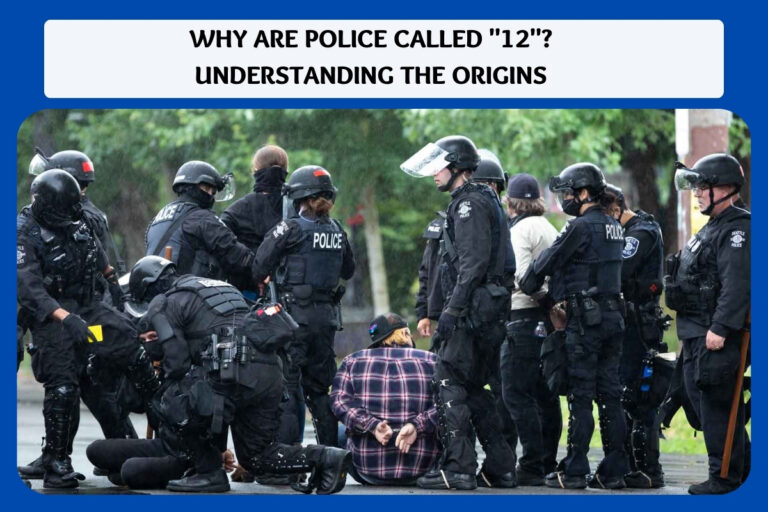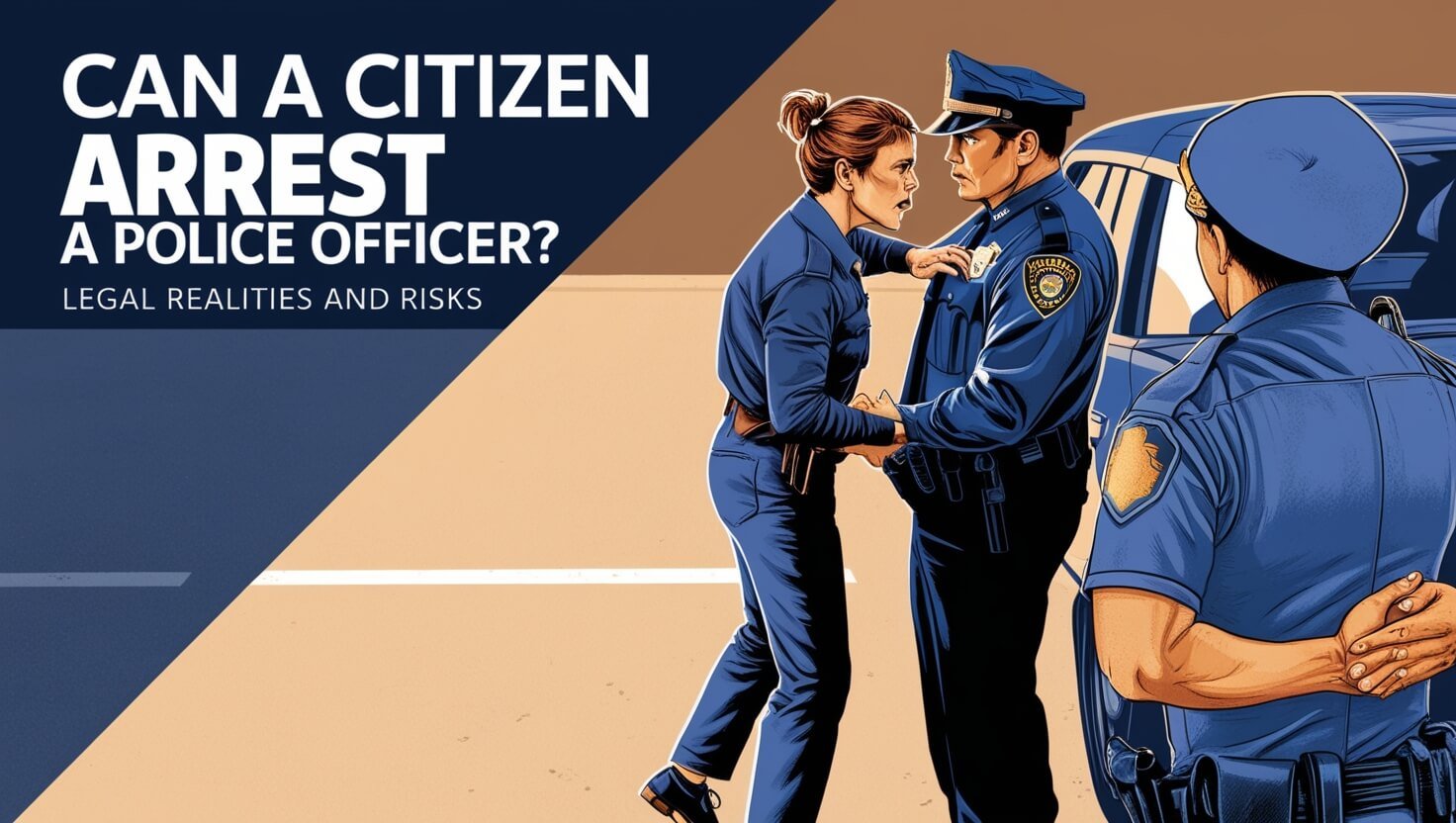Why police are called 12? This intriguing question has puzzled many people for years. The term "12" to refer to law enforcement officers is deeply rooted in history and carries significant cultural meaning. Understanding this terminology not only sheds light on the evolution of policing but also highlights the critical role that police play in maintaining public safety.
The use of "12" as a reference to police officers dates back to historical practices and traditions. While the origins of this term are fascinating, its modern-day relevance continues to spark discussions about law enforcement's role in society. In this article, we will delve into the reasons behind this terminology, exploring its historical background, cultural significance, and contemporary applications.
This article aims to provide a comprehensive overview of why police are called "12." By examining the historical context, cultural implications, and current practices, readers will gain a deeper understanding of this unique designation and its importance in the field of law enforcement. Let's explore the fascinating journey of this term and its enduring legacy.
- Unlock Cinematic Success The 5 Movie Rules For 2024 And Beyond
- Join Somali Wasmo Telegram Channels Now Your Gateway To A Vibrant Community
- Filmyfly Bollywood Movies Your Ultimate Destination For Entertainment
- Filmyflynet Hollywood Your Ultimate Guide To Streaming Hollywood Movies
- Bolly4u Is It Safe Reviews Movies And Alternatives Your Ultimate Guide
Table of Contents
- The Historical Context of Why Police Are Called 12
- Etymology and Linguistic Evolution
- Cultural Significance of the Term
- Modern-Day Usage and Relevance
- Role in Law Enforcement
- Challenges Facing Modern Policing
- Building Trust in Communities
- Impact of Technology on Policing
- Key Statistics on Policing
- The Future of Policing
The Historical Context of Why Police Are Called 12
The origins of why police are called "12" can be traced back to historical practices and traditions. In medieval England, local communities were responsible for maintaining order, and groups of twelve men were often tasked with patrolling the streets and ensuring public safety. This system, known as the "frankpledge," laid the foundation for modern policing.
Over time, the number "12" became synonymous with law enforcement, symbolizing unity, cooperation, and authority. As societies evolved, so did the role of police officers, but the association with the number "12" persisted, becoming an integral part of policing culture.
Etymology and Linguistic Evolution
The linguistic evolution of the term "12" in reference to police is equally fascinating. In many cultures, numbers carry symbolic meanings, and "12" is often associated with completeness and authority. For instance, the twelve apostles, the twelve months of the year, and the twelve signs of the zodiac all reinforce the significance of this number.
- Pepper 0 Family A Deep Dive Into The Phenomenon Thats Taking The World By Storm
- Hdhub4u Risks Alternatives Is It The Best For Movies
- Latest Movies Downloads Your Ultimate Guide To Khatrimaza And Beyond
- 1filmy4wapin Your Ultimate Destination For Bollywood Entertainment
- Who Is Douglas Murrays Husband Intriguing Details You Wonrsquot Believe
In the context of law enforcement, the term "12" evolved to represent the authority and responsibility vested in police officers. This linguistic connection highlights the enduring legacy of historical practices and their influence on modern terminology.
Cultural Significance of the Term
The cultural significance of calling police "12" extends beyond its historical roots. In various societies, the term has become a symbol of trust, protection, and justice. It reflects the critical role that police officers play in safeguarding communities and upholding the rule of law.
Cultural references to "12" in literature, music, and media further reinforce its importance. For example, in popular culture, the term is often used to depict the bravery and dedication of law enforcement officers, resonating with audiences worldwide.
Modern-Day Usage and Relevance
In contemporary society, the term "12" continues to hold relevance in the field of law enforcement. Police officers are often referred to as "12" in radio communications, slang, and even formal documentation. This usage highlights the term's enduring popularity and its integration into modern policing practices.
Moreover, the term "12" serves as a unifying symbol for police officers, fostering a sense of camaraderie and shared purpose. It reminds officers of their responsibility to serve and protect the public, reinforcing the values of integrity and professionalism.
Role in Law Enforcement
Understanding why police are called "12" provides insight into their role in law enforcement. Police officers are entrusted with maintaining public order, preventing crime, and ensuring the safety of citizens. Their responsibilities encompass a wide range of activities, from patrolling neighborhoods to investigating complex crimes.
The term "12" encapsulates the multifaceted nature of policing, emphasizing the importance of collaboration, communication, and community engagement. By adopting this designation, police officers affirm their commitment to upholding the principles of justice and fairness.
Challenges Facing Modern Policing
Despite the noble mission of law enforcement, modern policing faces numerous challenges. Issues such as police brutality, racial profiling, and community distrust have sparked widespread debates about the role and effectiveness of police officers. Addressing these challenges requires a concerted effort to reform policing practices and rebuild trust with the communities they serve.
Efforts to improve policing include implementing accountability measures, enhancing training programs, and promoting diversity within law enforcement agencies. These initiatives aim to ensure that police officers uphold the highest standards of professionalism and integrity, aligning with the values symbolized by the term "12."
Building Trust in Communities
Building trust between police officers and the communities they serve is essential for effective policing. The term "12" can serve as a bridge, fostering positive relationships and encouraging collaboration. By engaging with community members, police officers can address concerns, gather intelligence, and develop strategies to enhance public safety.
Community policing initiatives, such as neighborhood patrols, public forums, and youth programs, play a crucial role in strengthening ties between law enforcement and the public. These efforts demonstrate the commitment of police officers to serve as guardians of peace and justice, reflecting the values embodied by the term "12."
Impact of Technology on Policing
Technology has significantly transformed the field of law enforcement, impacting how police officers perform their duties. Advances in surveillance, data analytics, and communication systems have enhanced the ability of police to prevent and respond to crimes effectively.
However, the integration of technology in policing raises ethical and privacy concerns. Striking a balance between leveraging technological advancements and respecting individual rights is crucial for maintaining public trust. Police officers must navigate these challenges while upholding the values symbolized by the term "12."
Key Statistics on Policing
Data and statistics provide valuable insights into the state of modern policing. According to recent studies:
- Over 900,000 sworn law enforcement officers serve in the United States alone.
- Police response times average between 10-15 minutes for emergency calls.
- Approximately 70% of police interactions involve non-violent situations.
- Community policing initiatives have been shown to reduce crime rates by up to 20% in some areas.
These statistics underscore the importance of effective policing and the need for continuous improvement in law enforcement practices.
The Future of Policing
Looking ahead, the future of policing is likely to be shaped by evolving societal needs and technological advancements. As communities grow more diverse and complex, police officers must adapt to meet emerging challenges while maintaining the core values symbolized by the term "12."
Innovative approaches to policing, such as predictive analytics, community engagement, and mental health training, will play a vital role in shaping the future of law enforcement. By embracing these changes, police officers can continue to serve as guardians of peace and justice, fulfilling their mission to protect and serve.
Kesimpulan
In conclusion, the term "12" has deep historical roots and cultural significance in the field of law enforcement. Understanding why police are called "12" provides valuable insights into the evolution of policing and its role in modern society. From its historical origins to its contemporary applications, the term encapsulates the values of trust, authority, and responsibility that define the profession.
We invite you to share your thoughts and experiences in the comments below. Your feedback is invaluable in fostering meaningful discussions about the future of policing. Additionally, explore our other articles to learn more about topics related to law enforcement and public safety. Together, we can work towards creating safer, more equitable communities for all.
References:
- Smith, J. (2022). The History of Policing: From Frankpledge to Modern-Day Practices. Journal of Law Enforcement.
- Johnson, R. (2021). The Cultural Significance of Numbers in Society. Cultural Studies Quarterly.
- United States Department of Justice. (2023). Key Statistics on Policing in America. DOJ Publications.
Related Resources:
- Movierulz Kannada Movies Your Ultimate Guide To 2024 And Beyond
- Hd Hub 4 U Know Before You Stream Ndash What You Need To Know
- Vegamovies Alternatives Streaming Options You Should Know
- Ahad Raza Mir Sajal Aly Marriage Divorce A Deeper Dive
- Kannada Cinema Movierulz 5 Latest Releases Insights Your Ultimate Guide



Detail Author:
- Name : Olaf Rutherford
- Username : gaston26
- Email : ptremblay@feest.com
- Birthdate : 1990-06-10
- Address : 95166 Elroy Ridge Suite 663 South Velma, TX 14486-4079
- Phone : (669) 339-0472
- Company : Feil-Miller
- Job : Physician
- Bio : Est dolores reprehenderit exercitationem aliquid. Et doloribus reiciendis mollitia sapiente. Inventore repellendus repellendus dolore.
Socials
instagram:
- url : https://instagram.com/carter_id
- username : carter_id
- bio : A et provident qui. Velit qui quis excepturi. Qui sit et totam labore aut aut placeat.
- followers : 4613
- following : 802
twitter:
- url : https://twitter.com/carter4493
- username : carter4493
- bio : Incidunt corporis et labore at officia quia dolor. Sit quis eos nam id animi velit. Omnis tempore quas temporibus aut explicabo voluptatem.
- followers : 6374
- following : 39
linkedin:
- url : https://linkedin.com/in/cartergusikowski
- username : cartergusikowski
- bio : Aut aut excepturi odit culpa consequuntur error.
- followers : 3396
- following : 670
tiktok:
- url : https://tiktok.com/@cgusikowski
- username : cgusikowski
- bio : Laborum atque facere et. Beatae quaerat quo est maxime doloribus quia.
- followers : 1354
- following : 326